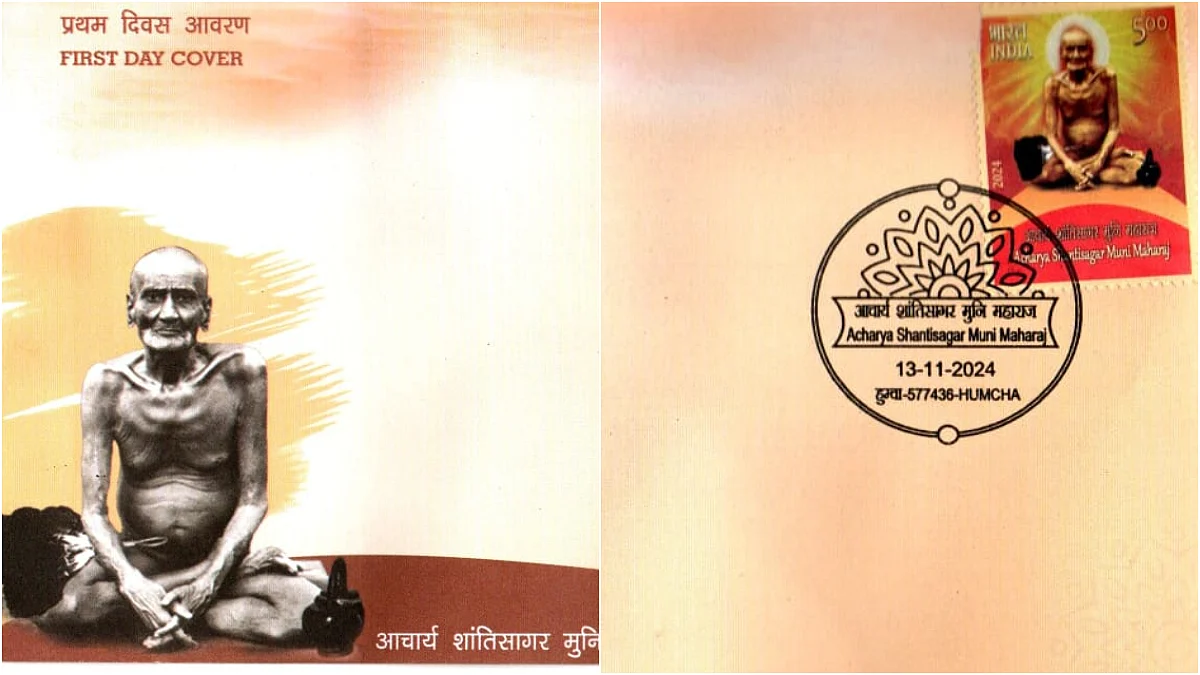I don't know if Facebook algorithm has anything to do with it but I have been encountering a lot of content on solitude on the philosophy pages I follow. Friedrich Nietzsche's quote, "My solitude doesn't depend on the presence or absence of people; on the contrary, I hate who steals my solitude..." is the most prominent one I can recall. Solitude is posited by philosophers and artists as the spiritually superior cousin of loneliness, in which self-pity is transformed into self-love. An inner satisfaction without the need for outside company. Solitude is often painted as the bastion of true and eternal happiness.
The notion of solitude promoted by the popular “self-help” and random-quotes-for-motivation culture evokes pleasurable visual and auditory sensations. In that context, the word arouses a very specific set of cinematic scenery. A pristine mountain view; a valley of wild flowers; a sea beach with only the hum of the waves as the background score, a serene sunrise or a sombre sunset. This romanticisation of solitude has made many millennials move their life to smaller, quieter places away from their homes in cities, only to return after realising they need their bars, their night outs, and comfort of the familiar company. To be clear, those seeking solitude have no claims of superiority over people who seek company. Both have a different human need at its core.
I lived at a Buddhist retreat centre as a staff member for a few months for a work assignment. I ate simple food, mostly kept silent and spent long hours inside my room memorising the "heart sutra" - an exquisite piece of Buddhist literature expounding on the concept of "shunyata" (nothingness). The rendition I was introduced to by one of the nuns was hauntingly melodious. It wouldn't leave me till the time I could at least sing the first two paragraphs with some felicity. However, soon such spiritual pastime lost its novelty. With the lockdown, whatever work I was there for stopped. I started ordering in Dominos pizza and binge watching shows. I had recreated the hell I wanted to escape in the silence of the retreat centre.
Without clarity of intent and an informed commitment to healing, it is difficult to say if this seeking of solitude isn't just another distraction or an attempt to escape the difficulties in our life, which in our current fragile state, we find difficult to deal with. Even that temporary escape is more beneficial than staying in a toxic environment that destabilized us and triggered in us the need to disconnect and withdraw. But the self-destructive patterns travel with you everywhere you go. Swiss psychologist Carl Jung aptly defined solitude as the “fountain of healing”. But one must also be mindful of not drowning oneself in that fountain. Healing is as much about retreating and rejuvenating as it is about making our way back to our reality safely with acceptance and gratitude.

Solitude should not be misunderstood as the revenge of the misanthrope or the final destination of the loner who has given up on love and humanity and now swears by punishing self-reliance. Your world doesn't have to be toppled by a fatal bout of existential crisis for you to seek solitude. Neither is it the sole bastion of the so-called misfit and rebellious. Extroverts, introverts, artists or bankers — everyone has equal claim over solitude. Yet, an exclusionary travel magazine version of solitude is imposed on us, a version that is only accessible to a privileged few. If at all we are serious about healing, then we should probably focus on doing the groundwork to normalise taking breaks without the need to quit jobs or go on expensive retreats.
My fear is that in a world peopled by perennially anxious, fatigued, disconnected and disillusioned individuals, it is very easy and profitable to commodify abstractions and sell them as “the solution” to all our problems. From nostalgia to vulnerability to authenticity, from mental health to relationships — every subtle and complex aspect of human life is under assault from agents of the market and self-proclaimed gurus. Solitude is no different.
Here's another quote (Louise Erdrich, The Painted Drum) on solitude for your consideration: "Life will break you. Nobody can protect you from that, and being alone won't either, for solitude will also break you with its yearning."












